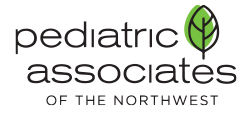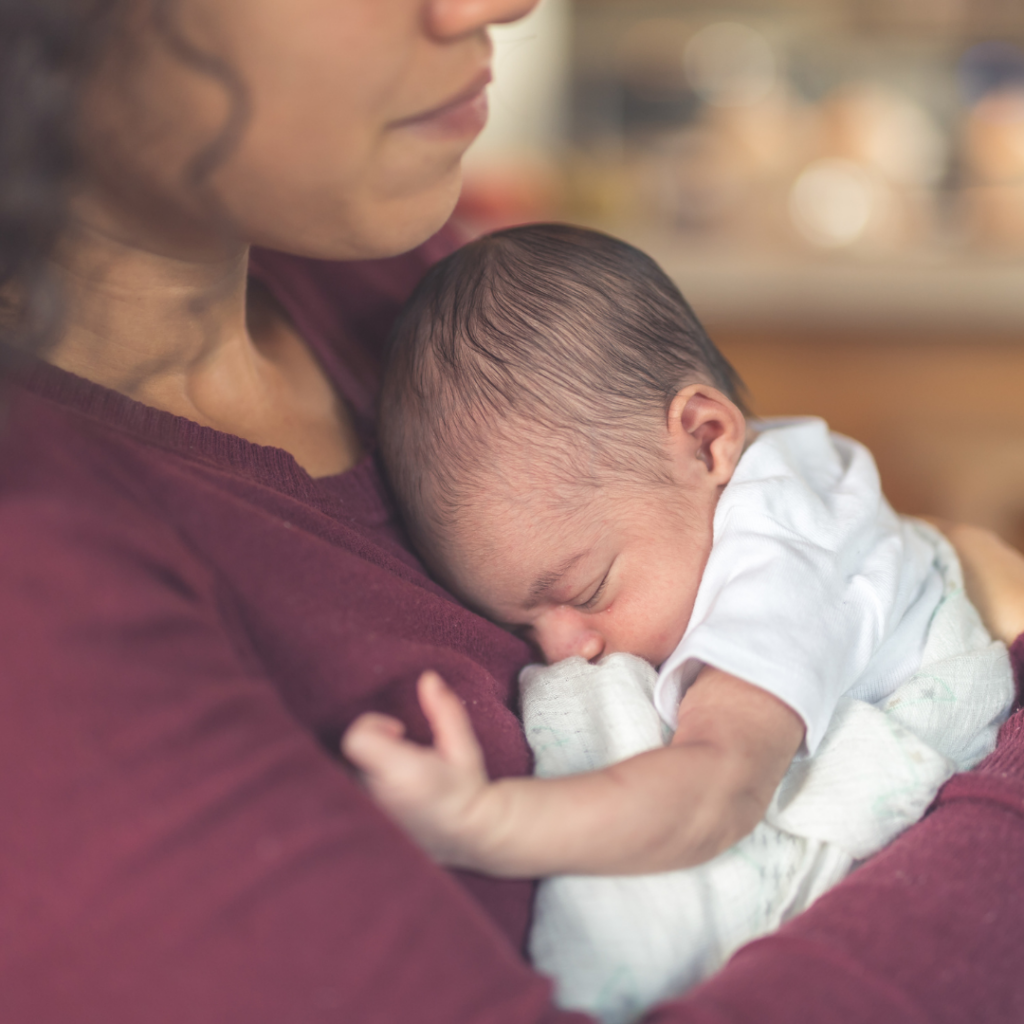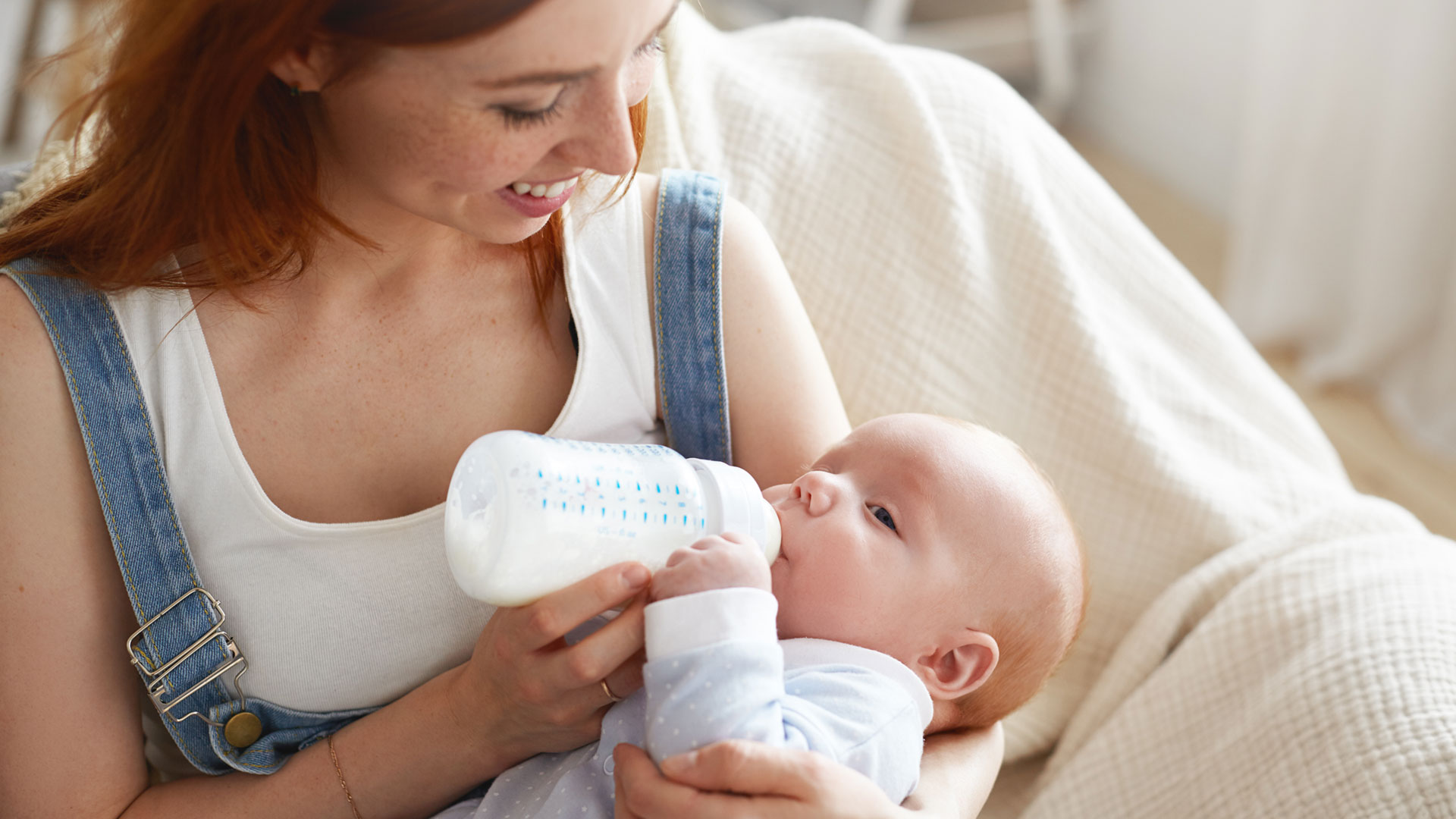Not only is the Fall season prime time for Flu and COVID-19, it is also the start of RSV (Respiratory Syncytial Virus) season. Last year, there was a surge of cases nationally which filled hospitals to maximum capacity. The GOOD news is that the FDA has just approved a new treatment called Beyfortus (also known as Nirsevimab), which can protect infants and toddlers throughout the duration of an RSV season.
What is RSV and why all the fuss?
RSV causes respiratory infections in people of all ages, but it is most common in babies 2 months to 8 months old. It can cause severe illness in infants and toddlers with certain health conditions. RSV is the leading cause of pneumonia, bronchiolitis (inflammation in the lungs), and hospitalizations in babies.
RSV is typically the most prevalent every year between the months of October and March. Outbreaks in schools and daycares are common as the virus spreads through coughs and sneezes. In fact, nearly all children are infected with it by the time they turn 2 years old. In most cases, RSV looks like any other cold (fever, runny nose, and cough), and typically resolves within a couple of weeks. However, it can sometimes progress and become more severe, leading to respiratory distress or inability for baby to feed.
Unlike the Flu, there is no medication to treat RSV once you have it. This is why prevention is so important!
What is Beyfortus (Nirsevimab) and how does it work?
Beyfortus is a preventive antibody treatment that helps protects babies against RSV throughout the duration of a RSV season. It is administered in a single shot for any infants and children up to 8 months of age by the start of RSV season (October 1st). Although it is a shot, it is not a vaccine. Instead, it is a preventative treatment that offers passive immunity- the antibodies provide immediate and short-term protection- about 5 months (long enough to get through RSV season). It does not prevent all infections, but is intended to protect against severe complications and hospitalizations. Previously, the only prevention against RSV was an antibody drug called Synagis, which had to be administered monthly for 5 months and was only available to the highest risk babies.
How can my child get Beyfortus (Nirsevimab)?
UPDATE AS OF OCTOBER 24th:
We have received official word that Beyfortus will be in short supply this 2023/2024 RSV season. The demand for this new treatment has far exceeded the supply and it is likely that no additional doses will be manufactured the rest of this RSV season. PANW received a limited supply early this Fall and was proud to be the second clinic in the country to start offering this newest protection against RSV in infants. We had ordered an adequate supply and were ready to offer Beyfortus to all babies at PANW, and are extremely disappointed that the nationwide supply of the drug is not meeting the demand.
In light of the supply shortage, PANW will be following recommendations from the CDC (Centers for Disease Control and Prevention) and AAP (American Academy of Pediatrics) to prioritize our most at-risk babies based on specific health conditions. We have identified our most high-risk patients and will be proactively reaching out to these families to offer Beyfortus.
For infants under 8 months of age who are not high-risk (born prematurely, severely immunocompromised, cystic fibrosis, congenital heart disease, congenital pulmonary abnormalities, etc.), we will continue to offer Beyfortus at well visits and shot-only appointments until our supply runs out. Please be aware that we are monitoring our supply levels daily and may need to cancel shot-only appointments if we run out before your appointment.
**Please note, if a baby’s birth mother received the RSV vaccine (different than Beyfortus) at least 14 days prior to delivery, the newborn will receive antibodies from the mother and does not need Beyfortus.
How can I best protect my baby if we can’t get Beyfortus?
The next best thing families can do to protect their infants is to use other preventative strategies to limit the spread of RSV and other respiratory diseases. This includes frequent hand-washing, avoiding contact with sick individuals, and cleaning frequently-touched surfaces. If your child will be around adults 60 years and older, it is recommended that these adults receive the RSV vaccine (a true vaccine, not an antibody treatment like Beyfortus). Pediatric Associates of the Northwest will not be offering this vaccine.
Pregnant women should also talk with their healthcare provider about receiving the RSV vaccine which will provide adequate protection for baby without needing Beyfortus.
We know many families in the community have struggled to find Beyfortus because there are so few healthcare providers and pharmacies who are offering it at all. PANW is grateful to have the supply we have and to protect as many of our young patients as possible.
Additional RSV Resources For Parents and Caregivers
https://www.cdc.gov/rsv/high-risk/infants-young-children.html





